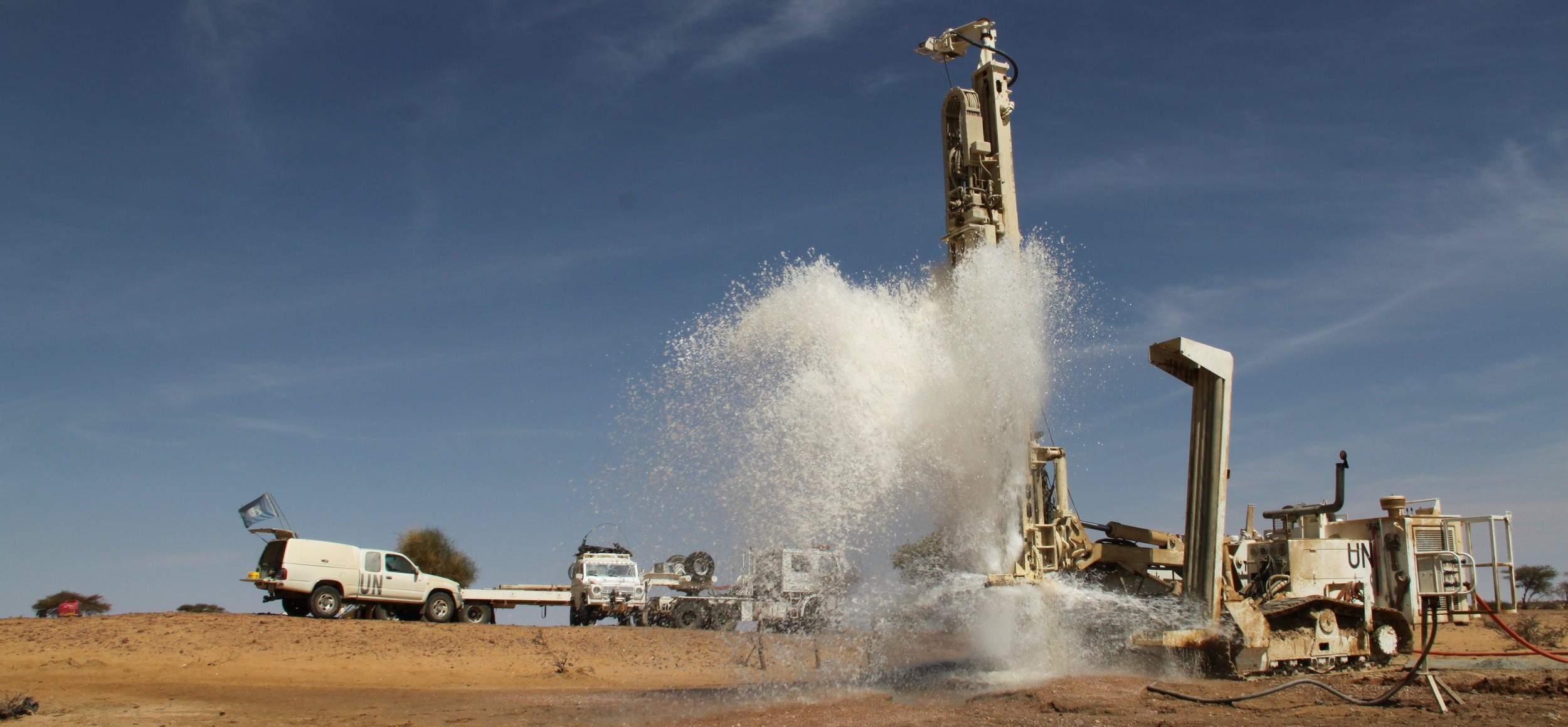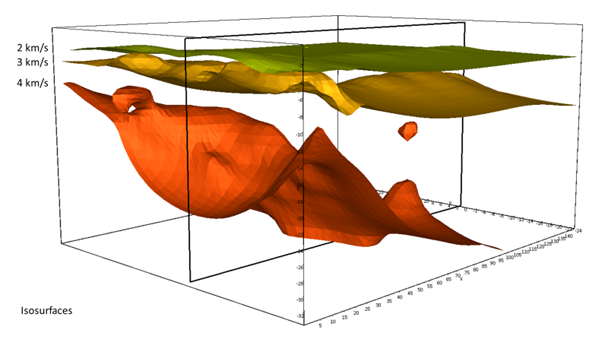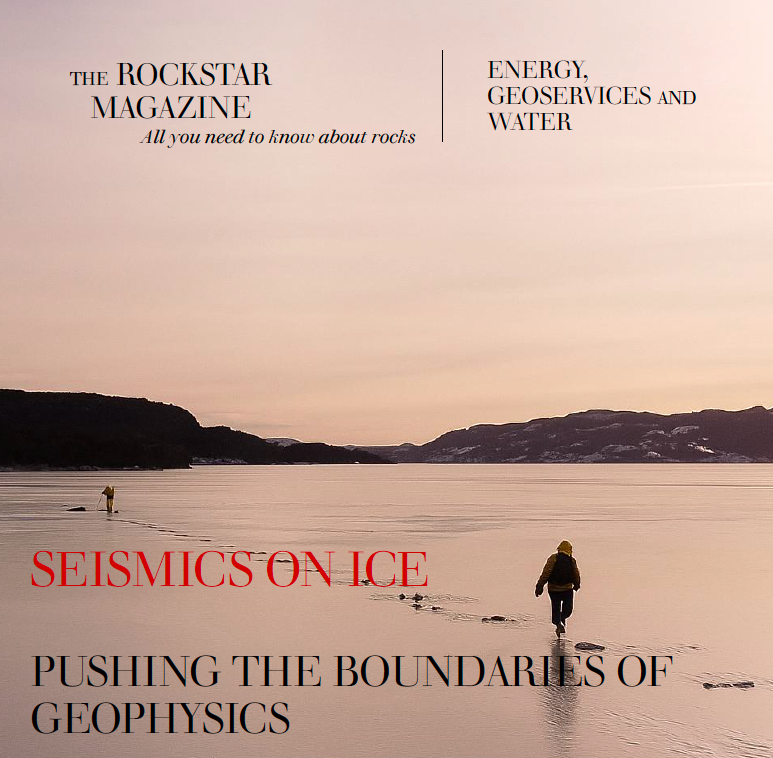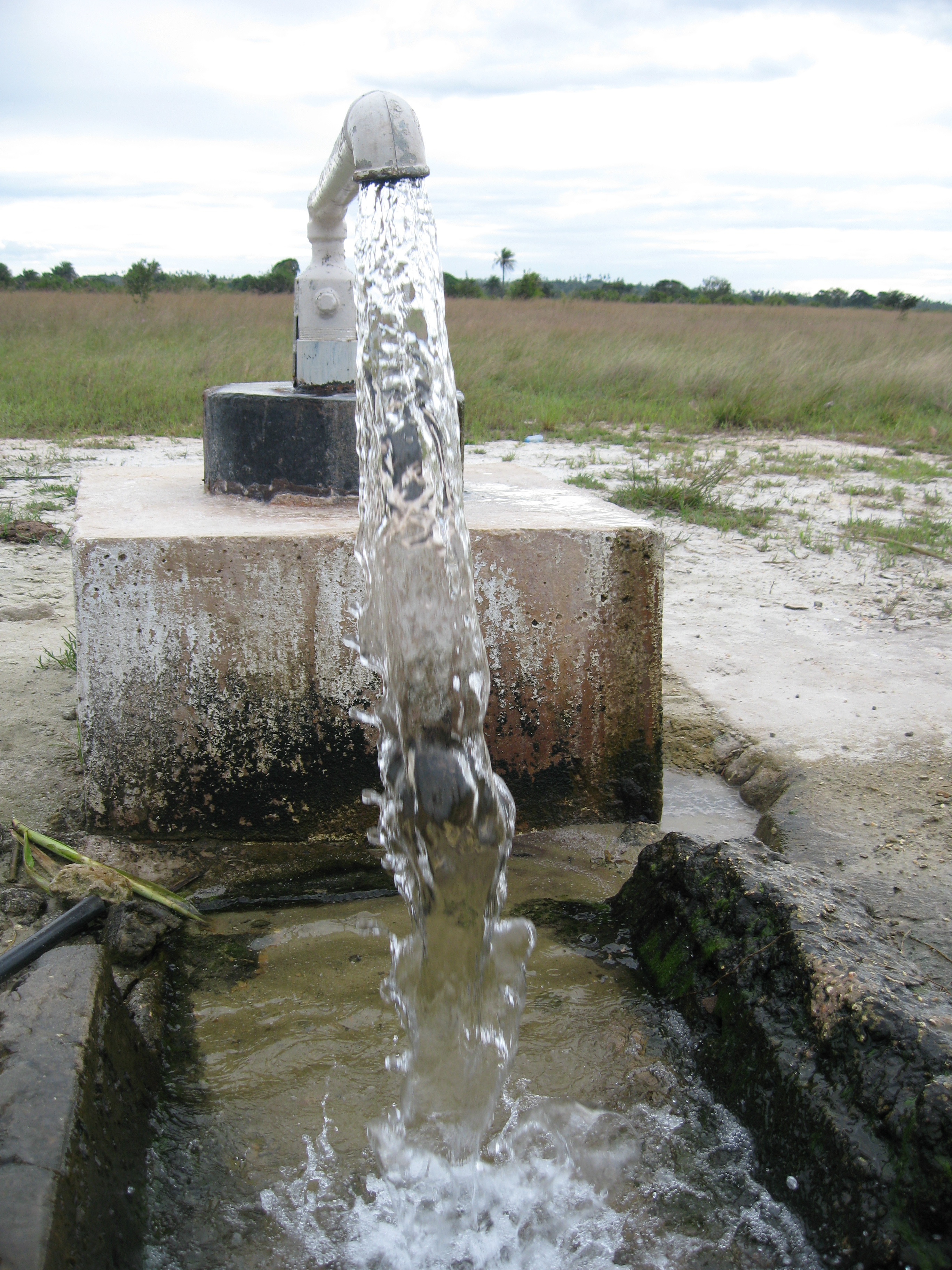The UN Sustainable Development Goal 6 is to achieve universal and equitable access to safe and affordable drinking water for all by 2030. Now, early 2021, the new reality compounds the already pressing SDG6. It is all about sustainability, and this requires availability of water, where water has not been found before.
From a geological exploration point of view, there are good statistical reasons to predicting deep, large coastal aquifers coming inline in the foreseeable future. For once, this may be the rare occasion providing good news for a thirsty world.
In 2020 UN-Water Analytical Brief listed Onshore and Offshore deep groundwater in the unconventional water resources. The presence of large coastal aquifers has been reported from several continents. The concept of deep groundwater is established in literature and has been proven by Ruden AS. However, finding these deep sources of water requires assistance from the oil industry.
The world needs the oil industry to take action. Used in a new context, the legacy of earlier surveys for petroleum is shifting the boundaries for groundwater. No other industry is closer to equivalent in relevant competence, resources and capacity. The leap from oil to water is not far, but a new and comprehensive Marshall-plan is needed and will be an aid to self-help in the long term.
The world needs water now, more than ever. If we don’t act, by 2030, water scarcity will displace between 24 million and 700 million people. Now, more than ever, the world needs us.
Read more about how Ruden Water uses information from the oil industry to find fresh groundwater at great depths here: How 40 year old information from the oil industry secured water for 2 million people



